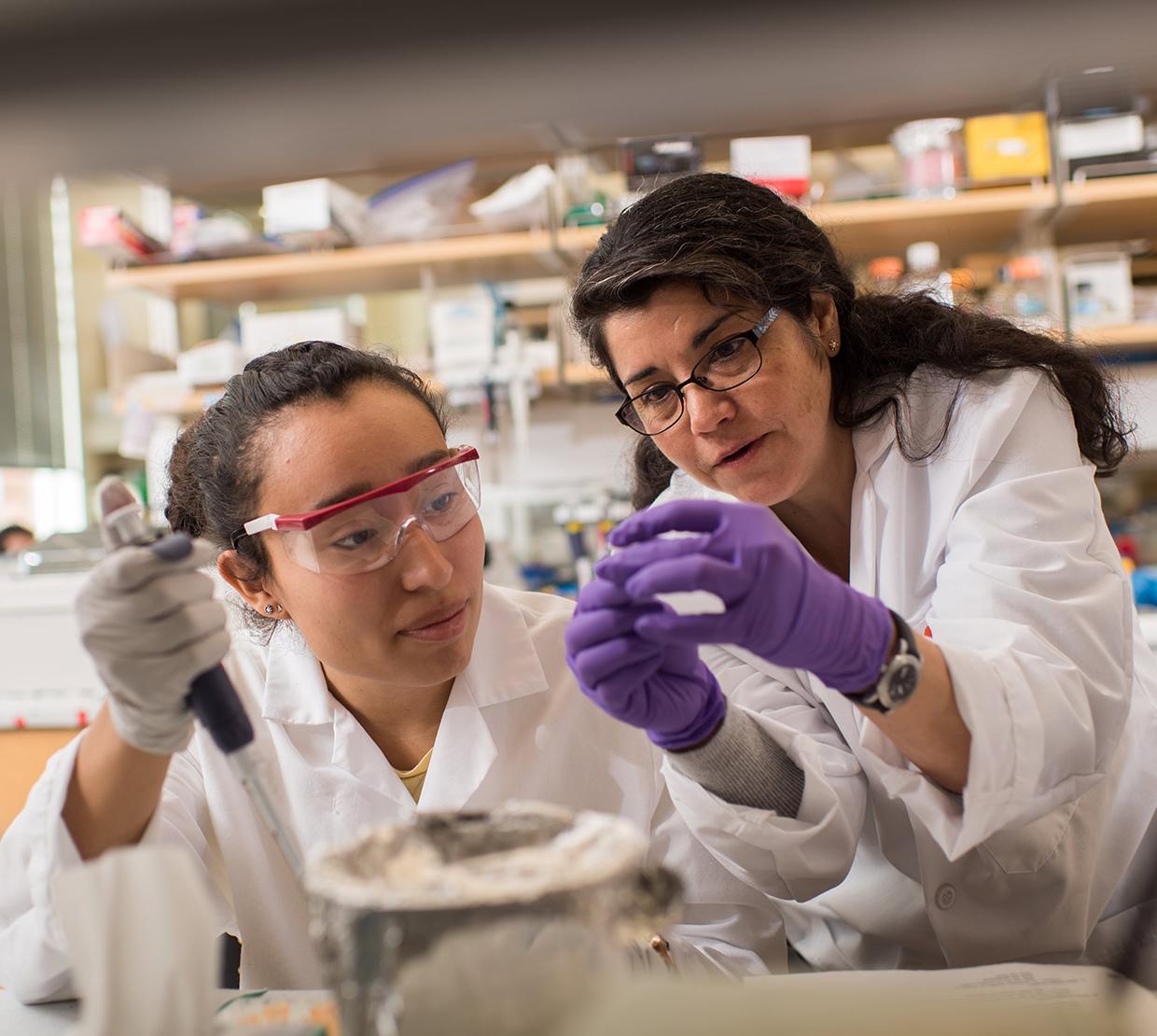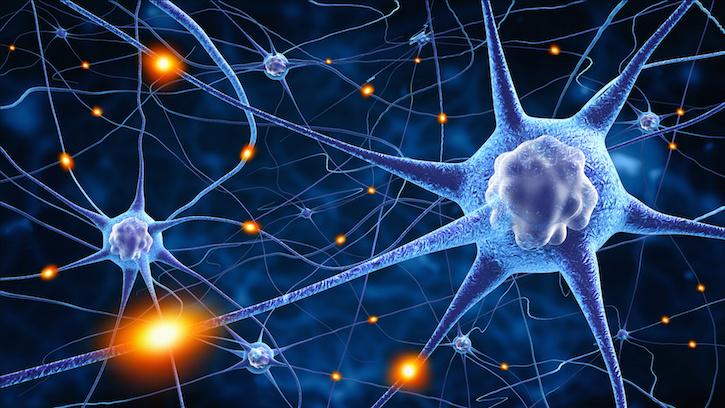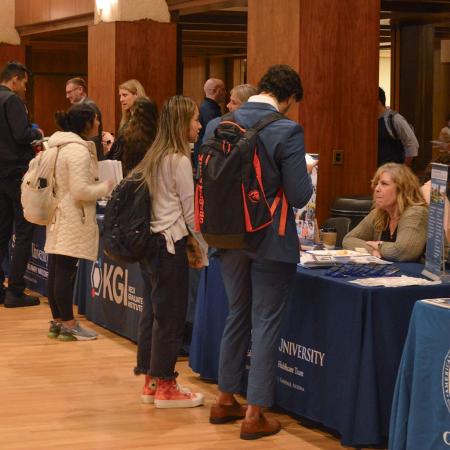Ohsumi's research opened the path to understanding the fundamental importance of autophagy in many physiological processes, such as in the adaptation to starvation or response to infection as well as its role in cancer and neurological disease.
Perez will discuss both the basic science involved in the discoveries for which the Nobel Prize was awarded and why the work is important. Perez's own research investigates aging and disease in humans through processes such as autophagy, protein homeostasis and other proteostasis mechanisms—biological pathways that control the degradation of proteins present within and outside the cell.
She also studies cellular senescence and the role of a drug called rapamycin in inhibiting cellular death and improving longevity in several species. Perez and her team made an important breakthrough recently when they were able to show that rapamycin is able to increase a regulator that activates genes to prevent the secretion of damaging and toxic compounds from aging cells. The latter is associated with a wide variety of degenerative diseases, including cancer, heart disease, diabetes and neurologic disease, such as dementia or Alzheimer’s.
A study just published in the journal, Aging Cell by Perez and fellow Oregon State University researchers outlines a new understanding of how rapamycin works.
The talk is sponsored by the Department of Biochemistry and Biophysics, and is a part of the department's outreach activities to increase understanding and interest in science as well as share the work of Nobel laureates with the community.




